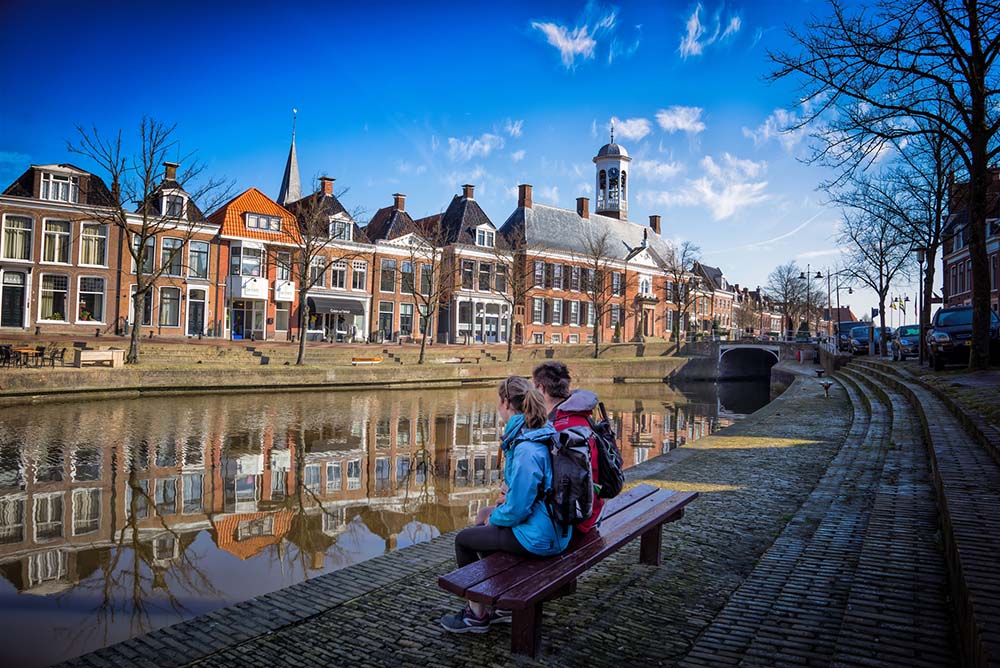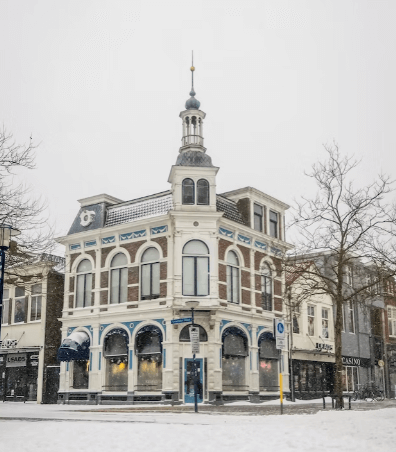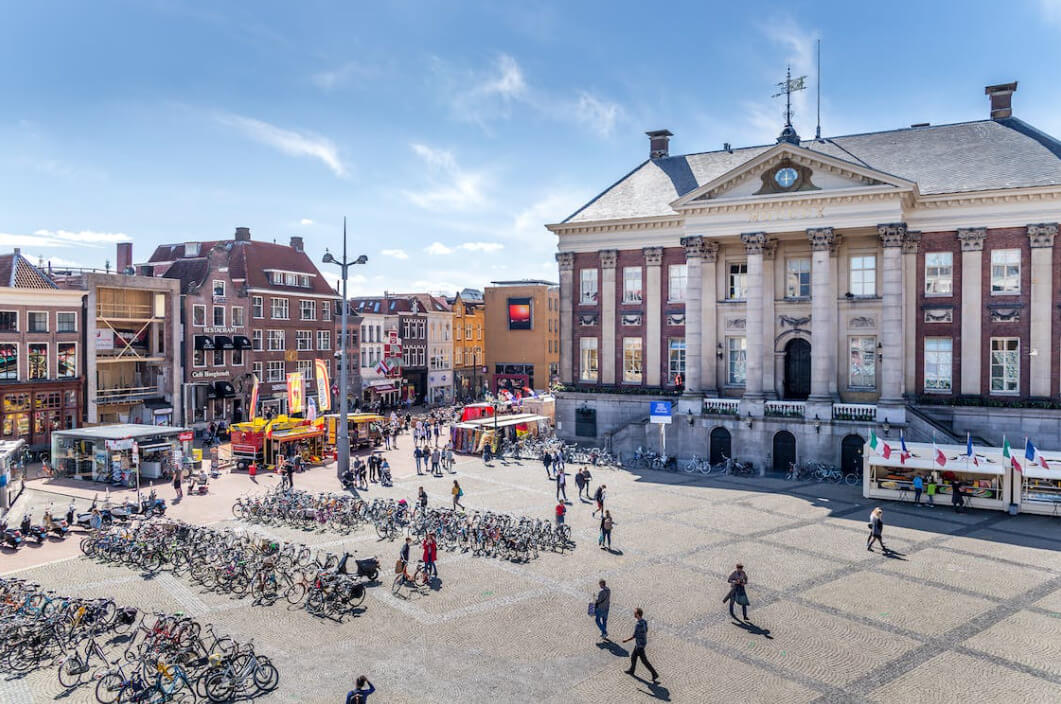PhD in Microscopy studies of nanomedicine-cell (membrane) interactions

Nanomedicines have recently seen immense success, both for therapy and vaccination (e.g., the Pfizer/BioNTech and Moderna COVID-19 vaccines). This success notwithstanding, there are several challenges holding back an even wider usage. This PhD position is part of the national NanoMedNL consortium that aims to counter these challenges and thereby accelerate and support the development of novel nanomedicines.
In this project specifically, we aim to better understand the interactions between nanomedicines and the cell (membrane). Building upon previous work in the host group, the PhD candidate will use fluorescence microscopy to follow in real-time how nanomedicines engage with living cell membranes (and simpler model systems) and quantify these interactions. Similar studies can be performed for understanding the interactions that arise once the nanomedicines are inside cells.
In its mission, the NanoMedNL consortium aims to unite and involve all nanomedicine stakeholders (researchers spanning nanomedicine and fundamental science to social science; policy-makers, regulatory bodies; industry, patients and citizens) and PhD candidate will also join these efforts.
As a PhD candidate, you are committed to conducting independent and original scientific research, to report on this research in international publications and conference presentations, and to describe the results of the research in a PhD dissertation, to be completed within 4 years. In addition, you are expected to contribute 10% of your time to various teaching activities, such as supervision of BSc and MSc students.
Organisation
Founded in 1614, the University of Groningen enjoys an international reputation as a dynamic and innovative institution of higher education offering high-quality teaching and research. Flexible study programmes and academic career opportunities in a wide variety of disciplines encourage the 34,000 students and researchers alike to develop their own individual talents. As one of the best research universities in Europe, the University of Groningen has joined forces with other top universities and networks worldwide to become a truly global centre of knowledge.
The position will be embedded in the Groningen Research Institute of Pharmacy (GRIP) of the Faculty of Science and Engineering (FSE). The candidate will work under the supervision of Dr Christoffer Åberg, whose lab is focussed on quantifying how nanomedicines are internalised by cells and subsequently distribute within them, typically using microscopy-based techniques.
The position is part of the national NanoMedNL consortium and the candidate will interact with other PhD candidates and researchers from the consortium, including (but not limited to) another PhD candidate at the same institute.






